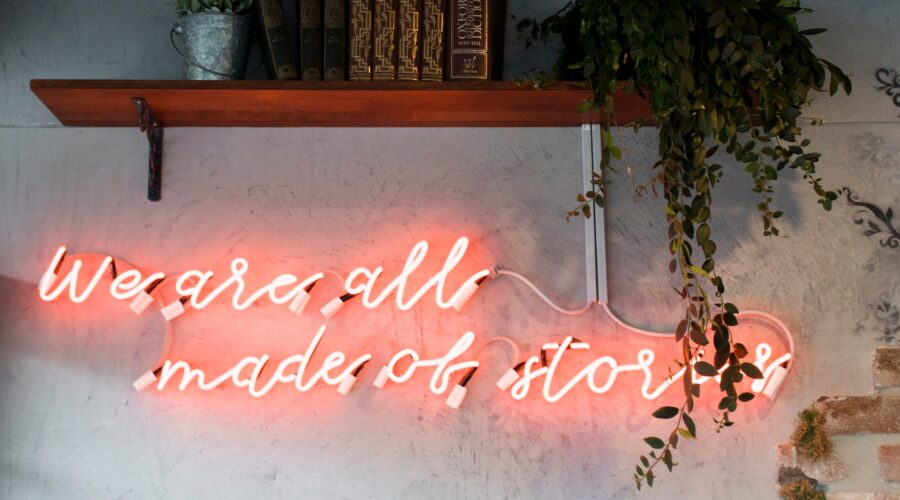There are moments in the history of the world when words fail us; when nothing contained in all of human language can adequately describe the pain and horror we bear witness to.
The only good thing about these moments is that they can reveal the witnesses for who they are. Are they weak? Are they nihilists at heart? I certainly have gotten quite a few answers on the subject lately, and if you’re reading this, you may have too.
Weakness and nihilism can act like communicable diseases, and the only real immunity we have is in what we love, and what we choose to save in the fire.
Following some of the worst moments of my life — and I can truly recount some bangers, including a fair bit of violence, which I feel like I have to be upfront about that so that I am taken seriously (one of the downsides of being a fairly extroverted bottle blonde, I guess) — I have had to work to save my belief in myself. Not in others, that always comes later, as you have to put on your own oxygen mask first and all that. In order to see others as human I had to see myself as human first. In order to regain my ability to love, I had to curl into what the poet Mary Oliver describes as the “soft animal” of the body and then ask myself, sometimes angrily and sometimes in a whisper, what I love about myself.
And sometimes, the love you feel for yourself is small and pitiful, and it’s embarrassing, and you don’t know what the point of it is. That’s fine. It’s a start. A lot of people have a hard time accepting that, because they hate being embarrassed and vulnerable, but that doesn’t make it any less fine. Every human being needs a foundation, and we can go through a number of them in our lifetimes, with these foundations being pretty unimpressive, especially in the beginning.
Sometimes, the love you feel for yourself is small and pitiful, and it’s embarrassing, and you don’t know what the point of it is
When I was forced to leave my disastrous, dangerous, and frankly oppressive marriage, I began to rebuild in all sorts of seemingly inconsequential ways, which included things like simply letting myself play video games, an activity my artist husband had sneered at. It was ridiculous on the surface, wow, a battered woman with her Nintendo controller, what a revolutionary breakthrough, right? But it was a step in the direction of finding myself, and forgiving myself for having become another person’s trained showpony, eventually. I learned to love myself again in fits and starts, while I haven’t forgotten the things my husband did, in forgiving myself I forgave him too. And this was a man who once had once drunkenly threatened to beat me to death with my old game controller — by far not the worst thing he ever said or did, but a moment I had found especially humiliating.
Other people’s stories are far more interesting. As I recovered from years trapped in hell, I read about the history of Haiti during my many sleepless nights, after a friend dropped some books off for me in Brooklyn. The Haitian general Toussaint Louverture, often referred to as the Father of Haiti, was a principled and disciplined man, who wasn’t afraid to believe in something greater than himself, but was not willing to destroy his integrity to get to where he needed to go when he had to fight a war. By comparison, his successor, Jean-Jacques Dessalines, was cruel, and his eventual assassination paved the way for a civil war in Haiti. I’ve been thinking about these two men quite a bit lately, and the enormous effort it takes to build rather than destroy. I admire the foundation, the bedrock that made Louverture who he was, while Dessalines’ story makes me sad and wistful, especially today.
I told you that words fail us often, and then I’ve gone and told you some stories anyway. One of my late professors, Frank Borchardt, used to say to us whiny, tormented undergrads that stories can save lives. He often brought up the Holocaust, and how important storytellers could be for people imprisoned in concentration camps, how they kept other people alive just because they gave them something to look forward to at night, after yet another day of horror.
I am not capable of such heroism, but I hope you see my point.
Image: Photo by S O C I A L . C U T

